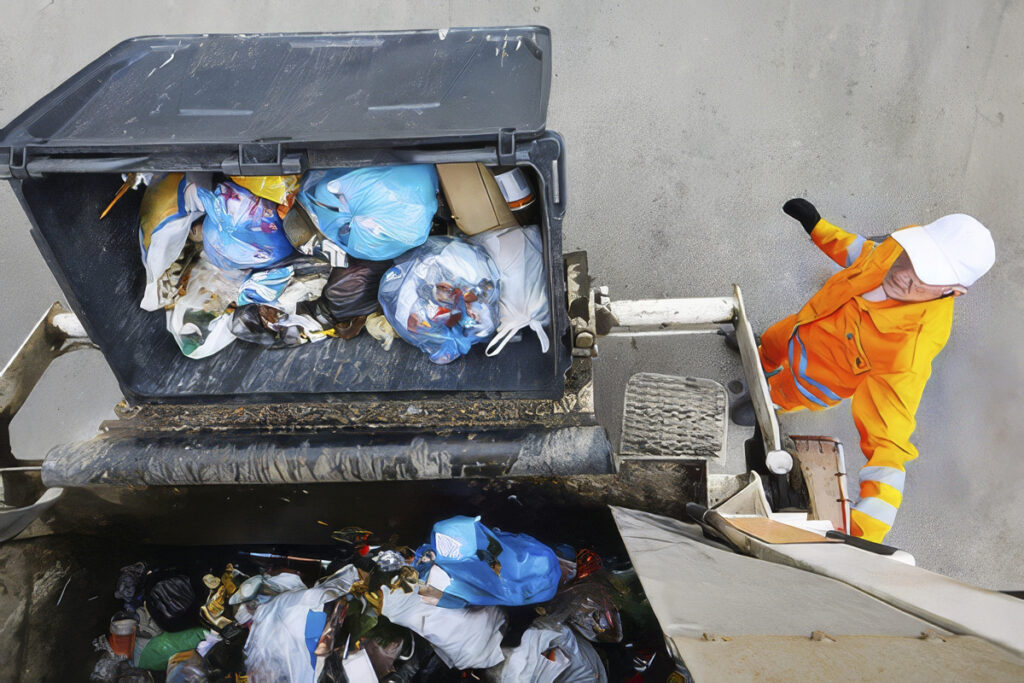Revolutionizing Food Waste Management in NSW
Revolutionizing Food Waste Management in NSW
Revolutionizing Food Waste Management in NSW from 2025 and beyond

The NSW Environmental Protection Authority (EPA) has announced a mandate requiring businesses to implement commercial food waste collection services as part of broader efforts to combat landfill overuse and environmental degradation. This measure is expected to fundamentally change how food waste is managed across New South Wales (NSW), aligning with sustainability goals and fostering a circular economy within the state. The initiative represents a significant shift towards reducing organic waste in landfills, which currently contributes substantially to greenhouse gas emissions, particularly methane.
The EPA has introduced a phased approach using what is termed the “red bin threshold” to determine the rollout and applicability of the mandate. Beginning in July 2025, businesses generating substantial quantities of residual waste will be required to participate in food waste collection programs. This threshold will gradually tighten over the years, with additional compliance requirements set for July 2027 and July 2029. The objective is to capture a broader range of food waste generators over time, starting with larger businesses and eventually including smaller entities as infrastructure and logistics improve.
Exemptions to the rule will apply in specific cases, such as for smaller businesses producing minimal food waste. The EPA plans to include flexibility to address special circumstances, which ensures that compliance is both reasonable and achievable for a diverse range of businesses. For multi-tenant complexes, the obligation to ensure compliance falls on landlords, who will need to install food waste bins and provide services for individual tenants. This element of the policy highlights the EPA’s focus on systemic responsibility rather than placing the burden solely on individual businesses.
Nonetheless, some businesses are expected to face challenges in meeting the new requirements, particularly those with limited access to resources or infrastructure. The government has acknowledged these potential issues and plans to address them through education and outreach initiatives, along with penalties for non-compliance. Businesses will need to rethink waste disposal processes, invest in food waste collection systems, and collaborate with local councils and private service providers. While this might pose logistical challenges, it also creates opportunities for businesses to adopt more sustainable practices.
The new policy is already driving market activity, with composting facilities and renewable energy generators (e.g., anaerobic digestion plants) preparing to meet the growing demand for food organics (FO) processing. These industries are expected to benefit significantly as businesses transition to new waste management practices. However, concerns persist about possible loopholes, such as businesses downsizing their waste bins to circumvent the requirements. The EPA is reportedly working on strategies to prevent such practices, including regular inspections and compliance monitoring.
Economically, this policy could be transformative for the waste management sector in NSW. By diverting food waste from landfills, the initiative is anticipated to generate approximately 500,000 tons of organic material annually, which could be used for compost production and renewable energy generation. This will reduce dependency on traditional waste disposal methods while creating jobs in waste collection, processing, and ancillary industries. Additionally, the policy aims to lower greenhouse gas emissions by minimizing methane production from organic waste in landfills.
Educational programs funded through landfill levies will be instrumental in helping businesses adapt to the changes. These programs will include training sessions and materials to guide businesses on how to comply with the new requirements efficiently. The EPA has emphasized the importance of enforcement and training, ensuring that businesses across various industries are well-prepared to meet their obligations. Local councils are expected to play a vital role in this transition by supporting businesses with infrastructure and facilitating connections with private waste collection services.
This policy aligns with broader trends in food waste management in Australia and New Zealand. In 2018, South Australia launched a similar initiative, requiring food waste separation in households and businesses, which resulted in significant reductions in landfill contributions. New Zealand has also introduced food waste minimization programs in cities like Auckland, where curbside collection of organics has been implemented successfully. NSW can draw lessons from these programs, particularly in designing educational campaigns and addressing logistical challenges in densely populated areas.
Industries that are particularly impacted by the mandate, such as hospitality, retail, and property management, will need to adapt significantly. For instance, restaurants will be required to introduce sorting systems in their kitchens, while shopping centers must ensure that food courts are equipped with separate bins for organic waste. This represents a shift not only in waste disposal practices but also in how businesses interact with customers and stakeholders, reinforcing the importance of environmental responsibility.
Looking ahead, the NSW initiative has the potential to inspire similar policies in other Australian states, thereby creating a unified national approach to food waste management. Such efforts would align with Australia’s National Food Waste Strategy, which aims to halve the country’s food waste by 2030. If successful, NSW’s program could serve as a blueprint for other jurisdictions, demonstrating the feasibility and benefits of large-scale food waste diversion initiatives.
Environmental groups have welcomed the policy as a critical step towards sustainability but stress the importance of stakeholder engagement in its implementation. Transparent communication and collaboration with businesses, councils, and waste management providers will be crucial to the program’s success. Advocacy groups have also called for the government to provide more detailed guidance on compliance expectations, as well as additional resources to support smaller businesses and regional areas.
The long-term vision for this initiative goes beyond waste diversion. It represents an important step in integrating circular economy principles into public policy, wherein waste is treated as a resource rather than a liability. By reducing the environmental impact of food waste and generating value through compost and energy production, the policy aligns with global best practices while addressing local needs and opportunities. Ultimately, it positions NSW as a leader in sustainable waste management within Australia and the broader Asia-Pacific region.


